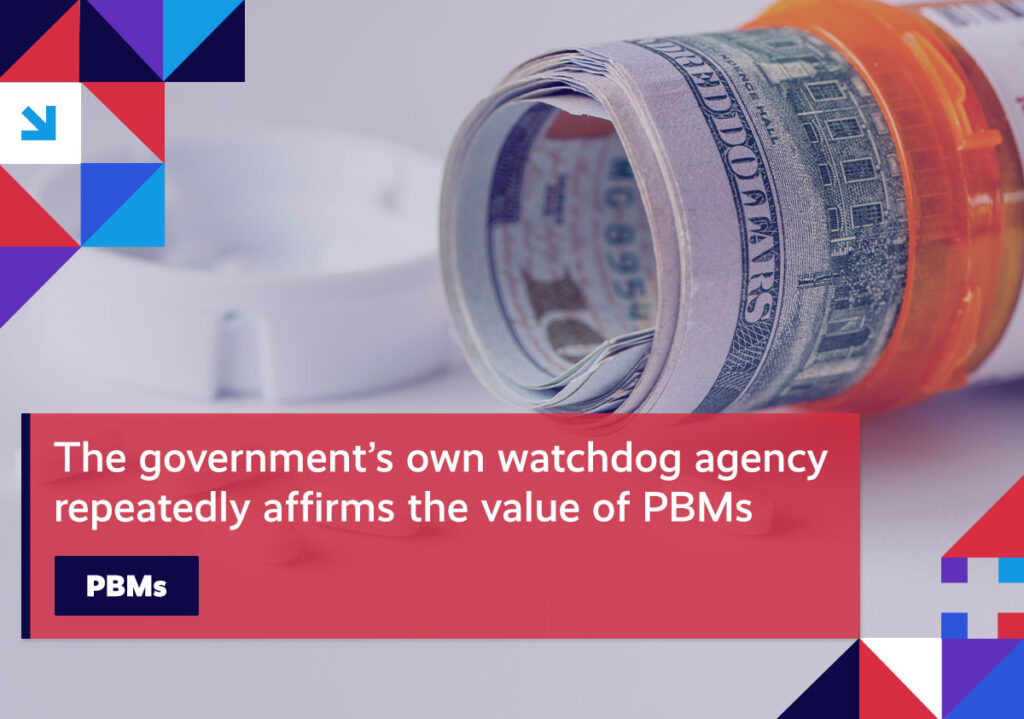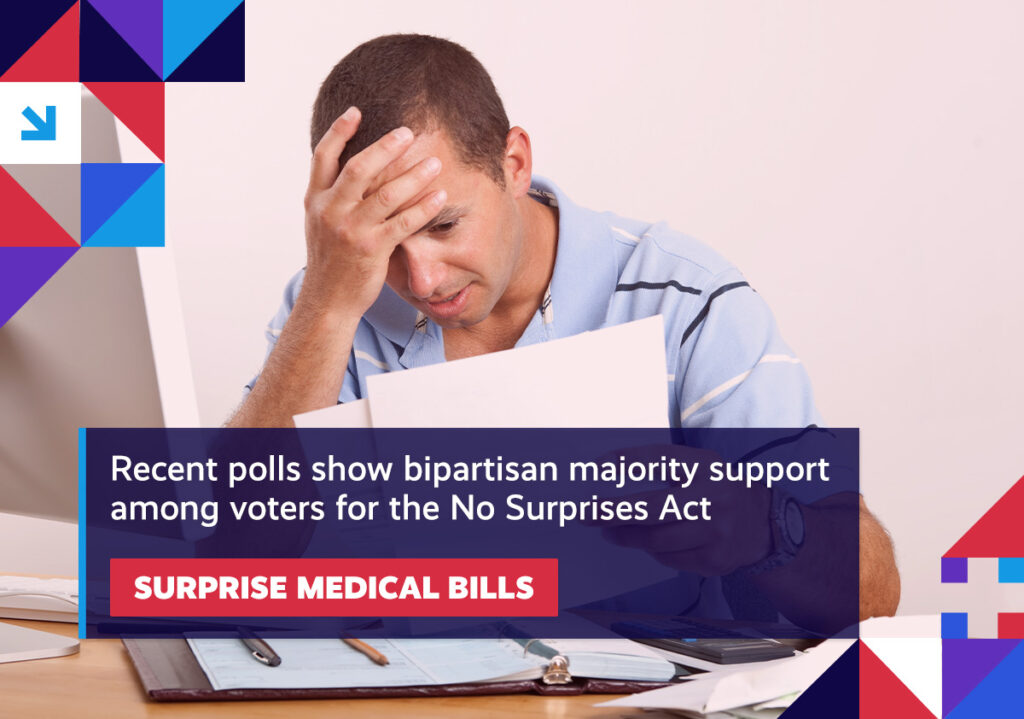A quick roundup of the issues driving the healthcare reform conversation.
Item of the Week

Spotlight
HEALTHCARE FRAUD A widespread investigation uncovers billions of dollars in healthcare fraud.
Quick takeaway: The Department of Justice recently announced charges against 78 individuals for their involvement in defrauding healthcare programs for the elderly and disabled of more than $2.5 billion.
Further context: Among the charges filed are allegations of telemedicine and pharmaceutical fraud. Many of the defendants are accused of obtaining funds by submitting fraudulent claims for Medicare reimbursement.
What it means: According to recent estimates, taxpayers are losing more than $100 billion a year to Medicare and Medicaid fraud, reinforcing the critical importance of care coordination to protect patients and our healthcare system from waste, fraud, and abuse.
SITE NEUTRAL PAYMENTS Lawmakers look to crack down on hospitals’ billing at higher rates for services provided in outpatient settings.
Quick takeaway: Momentum has been building in Washington and in state capitals across the country to address the way hospitals charge patients, employers, health plans, and the government more for the same services doctors deliver in their offices.
Digging deeper: Data shows that this practice drives more hospital acquisition of independent physician offices. It’s projected that advancing these “site neutral” payment policies would save Medicare billions of dollars.
What it means: With bipartisan support growing to address the issue, lawmakers face stiff opposition from powerful hospital special interests, as the industry works to protect what has become an incredibly lucrative revenue stream.
Rx OVERPAYMENTS The government spent hundreds of millions of dollars more than it needed to on prescription drugs.
Quick takeaway: Between 2015 and 2020, the Department of Labor (DOL) spent $321.3 million more than necessary on drugs for its Federal Employees’ Compensation Program (FECA), according to a DOL Inspector General audit.
Further context: Auditors found that the FECA program failed to pay the best price for prescription drugs, not effectively managing its pharmaceutical benefit, leading to millions of dollars in excess spending.
The program even provided the wrong drugs to individuals, in addition to spending on drugs that may not have been medically necessary or appropriate.
What it means: Overall, the auditors determined the program’s managers “lacked sufficient clinical expertise and guidelines to ensure appropriate pharmaceutical decisions.”
Perhaps most tellingly, the audit cited FECA’s lack of a pharmacy benefit manager (PBM), which would not only have helped the program get a better deal on expensive drugs, but ensure better adherence to clinical patient safety guidelines.
HEALTHCARE COSTS Healthcare costs are projected to rise 7 percent next year.
Quick takeaway: Looking to 2024, researchers at PricewaterhouseCoopers’ Health Research Institute pointed to providers’ expense growth and subsequent rate increases, along with pharmaceutical price hikes, as driving healthcare inflation.
Further context: Next year’s projected 7 percent increase tops the 5.5 percent and 6 percent estimates for 2022 and for this year. Drilling further into the projections:
- Providers will pass on higher labor and supply expenses
- Drug price hikes could hit double-digits
- A shift to outpatient utilization may help to offset the increase
- Employers will play a critical role in the trajectory of costs
MEDICARE ADVANTAGE The Medicare Advantage (MA) program continues to distinguish itself from traditional Fee-for-Service (FFS) Medicare.
Quick takeaway: Through its integrated approach to care and a focus on overall wellness, MA plans provide a level of value to beneficiaries eclipsing FFS.
Further context: New studies highlight how this value translates into better health outcomes for beneficiaries:
- According to a report from Avalere Health, MA beneficiaries with chronic conditions have fewer inpatient hospital stays and emergency department visits than FFS beneficiaries;
- Research published in JAMA Network Open, shows the use of high-risk medication being lower for those enrolled in MA plans compared to FFS; and,
- A study issued in JAMA Health Forum found that home-delivered meals offered by MA plans not available in FFS were associated with improved health outcomes in older adults.
What it means: The data reinforces the importance of protecting MA from funding cuts and burdensome administrative changes that could unravel the blanket of care that the more than half of all eligible Medicare beneficiaries have come to depend on.
Spotlight

| You can keep up with the latest by following the Health Action Network on Twitter and by liking us on Facebook. And, be sure to check us out on LinkedIn, too. As always, let us know if there’s something you’d like to see covered in a future newsletter. |
The Health Action Network includes everyday Americans—families, workers, businesses, patients, providers, neighbors, and friends. We are working together because we support market-based solutions that offer better healthcare choices and help build a stronger economy. The Health Action Network is an Elevance Health, Inc., initiative.
